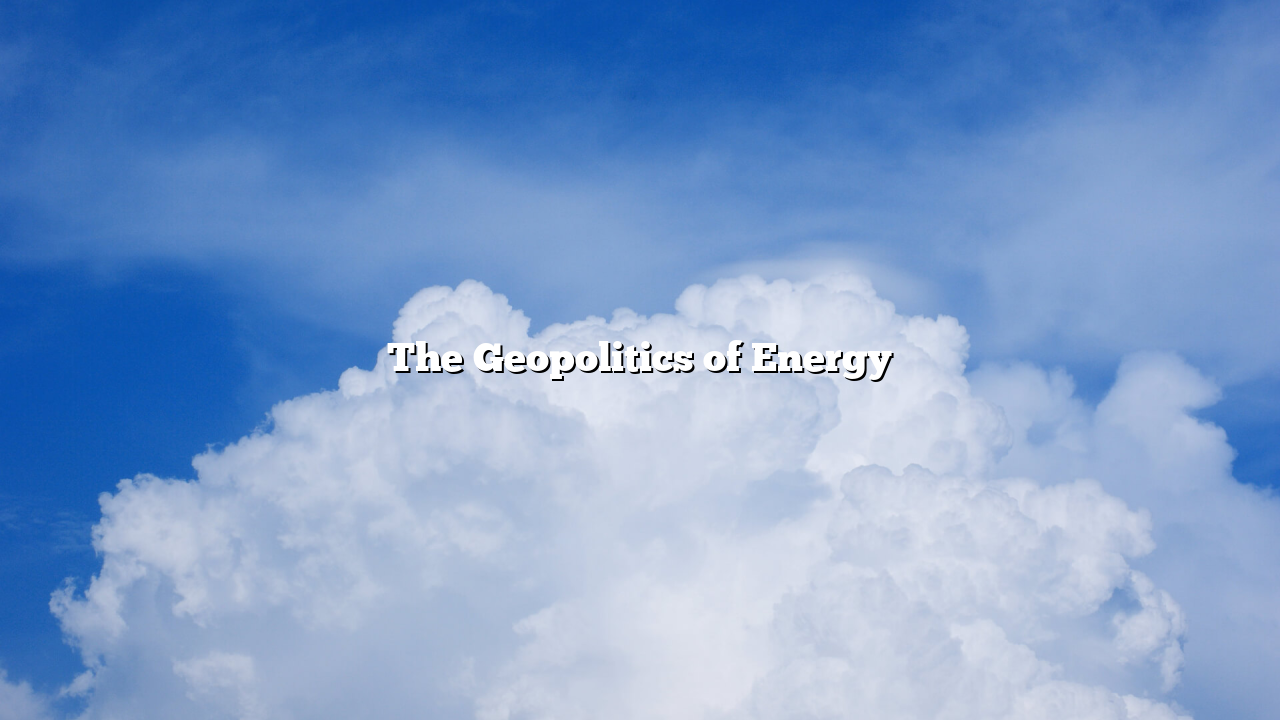Energy has always been central to politics, shaping international relations, security strategies, and economic development. Control over oil, gas, and increasingly renewable resources influences global power dynamics. The geopolitics vikingtoto of energy is evolving as the world shifts toward cleaner technologies.
Historically, oil and gas have been at the center of geopolitical struggles. Conflicts in the Middle East, Russia’s influence in Europe, and U.S. foreign policy all reflect the strategic importance of fossil fuels. Energy dependence often dictates alliances and rivalries, as countries seek to secure reliable supplies.
The rise of renewable energy is reshaping this landscape. Solar, wind, and hydropower reduce reliance on fossil fuel exporters, potentially weakening their political leverage. However, the transition also introduces new dependencies. Rare earth minerals used in batteries and solar panels are concentrated in a few countries, raising concerns about supply security.
Climate change policies add another dimension. Governments face pressure to balance energy needs with sustainability goals. The shift toward green energy creates winners and losers, as traditional energy industries decline while new sectors emerge. This transformation is not only economic but also political, influencing elections and international agreements.
Energy politics will continue to shape global affairs. Nations that adapt to the transition will gain influence, while those that resist risk falling behind. Cooperation, innovation, and diversification are essential for ensuring stability in this new energy order.
